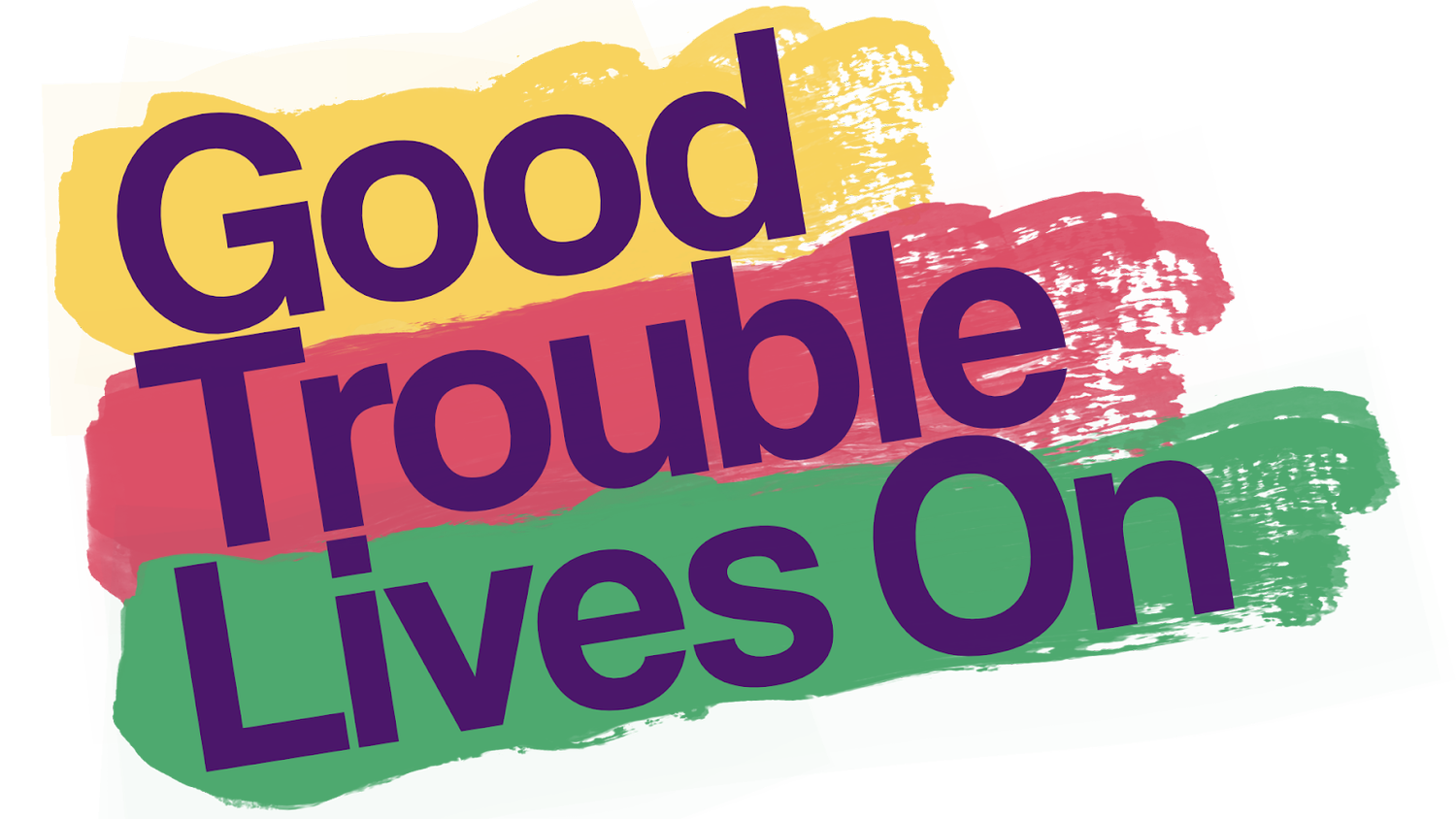Disability Justice
Disability Justice places intersectionality at its core, recognizing how overlapping systems of oppression—such as racism, sexism, homophobia, xenophobia, and ableism—interact and intensify one another.
While terms like “disability rights” and “disability inclusion” are often used alongside “disability justice,” it’s important to understand that Disability Justice is a distinct and intentional framework. It goes beyond legal rights or general inclusion to examine how power operates and who has historically been left out of the conversation.
Unlike broader inclusion efforts, which aim to increase access for disabled people as a whole (which are critically important), Disability Justice specifically centers the leadership, needs, and lived experiences of those most often pushed to the margins—particularly disabled people who are also women, people of color, immigrants, and members of LGBTQ+ communities.
10 Principles of Disability Justice
INTERSECTIONALITY
Disability does not exist in isolation, it intersects with race, gender, class, sexuality, immigration status, and other identities that shape people’s experiences of oppression and resistance.
LEADERSHIP OF THOSE MOST IMPACTED
The people most affected by systems of oppression—such as disabled people who are also Black, brown, queer, trans, or undocumented—must lead the work for justice.
ANTI-CAPITALIST POLITICS
Disability Justice rejects the idea that a person’s worth is tied to their productivity, instead valuing people regardless of their ability to work or produce.
COMMITMENT TO CROSS-MOVEMENT SOLIDARITY
Disability Justice is connected to all struggles for liberation and calls for active collaboration with other social justice movements.
RECOGNIZING WHOLENESS
Every person is whole, with strengths, needs, and complexities that deserve recognition, even when they differ from dominant norms.
SUSTAINABILITY
The movement values collective care, pacing, and rest to sustain long-term participation, especially for those with chronic illness or fatigue.
COMMITMENT TO CROSS-DISABILITY SOLIDARITY
The movement honors and builds unity among people with all kinds of disabilities, recognizing differences without creating hierarchies.
INTERDEPENDENCE
Rather than striving for independence, Disability Justice celebrates interdependence as a source of strength, resilience, and community.
COLLECTIVE ACCESS
Access is a shared responsibility and creative process—not an afterthought—designed together to meet the diverse needs of everyone involved.
COLLECTIVE LIBERATION
True liberation means no one is left behind; the liberation of disabled people is tied to the freedom and dignity of all oppressed communities.
*The 10 Principles of Disability Justice is the work of the collective Sins Invalid, a disability justice-based performance project founded in 2006. The principles were articulated in their organizing and educational work, particularly in the 2015 publication:
"Skin, Tooth, and Bone: The Basis of Movement is Our People – A Disability Justice Primer" by Sins Invalid
Learn more and get involved with organizations fighting for disability justice
-
Disability Rights Education and Defense Fund (DREDF) is a leading national civil rights law and policy center working to advance the civil and human rights of people with disabilities through legal advocacy, training, education, and public policy and legislative development.
*Hay recursos disponibles en español.
-
The American Association of People with Disabilities works to increase the political and economic power of people with disabilities.
-
We are a community of people with disabilities (and the allies who support us), on a mission to elevate disability pride, together.
-
Treat People Like People helps to challenge assumptions regarding people with disabilities; raise awareness of abuse and neglect of people with disabilities; and encourage inclusivity and equity among all Minnesotans. It’s a place to find tools and resources for people with disabilities and their families, and for those providing care to people with disabilities.
-
The Hidden Disabilities Sunflower is a simple tool for you to voluntarily share that you have a disability or condition that may not be immediately apparent – and that you may need a helping hand, understanding, or more time in shops, at work, on transport, or in public spaces. There is a wealth of easily digestible educational content on various conditions on this site.
https://hdsunflower.com/uk/insights/category/invisible-disabilities
-
The National Association of the Deaf (NAD) is the nation’s premier civil rights organization of, by and for deaf and hard of hearing individuals in the United States of America.
-
The EveryLife Foundation for Rare Diseases is powered by the rare disease community to improve health outcomes by driving change through evidence-based policy, leading science-driven policy and regulatory research, activating the community to advocate for their rights and needs, and strengthening the rare disease community.
-
The mission of the American Foundation for the Blind is to create equal opportunities and expand possibilities through advocacy, thought leadership, and strategic partnerships. AFB is dedicated to promoting equality and inclusion for people who are blind and have low vision and targets key areas that impact both children and adults to facilitate meaningful change.
-
The Autistic Self Advocacy Network seeks to advance the principles of the disability rights movement with regard to autism. ASAN believes that the goal of autism advocacy should be a world in which autistic people enjoy equal access, rights, and opportunities. We work to empower autistic people across the world to take control of our own lives and the future of our common community, and seek to organize the autistic community to ensure our voices are heard in the national conversation about us. Nothing About Us, Without Us!
-
The mission of the Autism Society of Minnesota (AuSM) is to create connections, empowering everyone in the autism community with the resources needed to live fully.
AuSM seeks to enhance the lives of all who are part of the Minnesota autism community, with a fundamental commitment to advocacy, education, support, collaboration, and community building.
-
It is a common misconception that being deaf prevents you from driving. In order to keep people informed and provide the deaf and hard of hearing with reputable information, this guide on driving while deaf was provided. Check it out!

